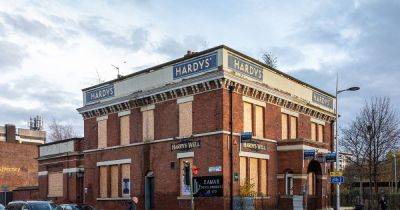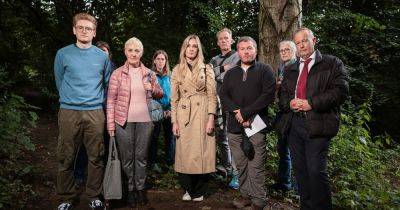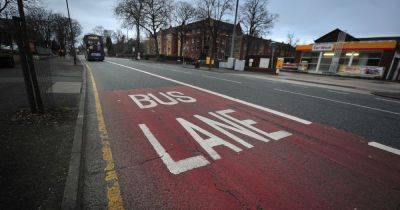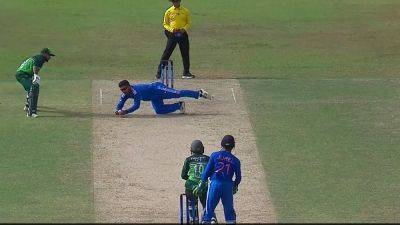The Greater Manchester borough where people are dying SEVEN YEARS younger than those just streets away
Average life expectancy is more than SEVEN YEARS lower in certain wards of Bury than others, a report into health inequality has revealed. The gap between the ward with the highest life expectancy and the ward with the lowest life expectancy was 7.1 years for males and 7.3 years for females during the period 2016 to 2020.
The data reveals that the average life expectancy for men in Moorside ward was 73.9, the lowest in the borough, while males living in Pilkington Park can expect to live on average to 81.7 years. The biggest gap for women is between the lowest, again Moorside, with an average life expectancy of 77.7 and North Manor where the average age at death is 85.
The next lowest four wards for life expectancy in men are Bury East (74.6), Radcliffe West (75.2), Besses (76.4) and St Mary’s (76.6), while the other four highest are Ramsbottom (81.2), North Manor (81), Church (80.9) and Unsworth (80.2).
Try MEN Premium for FREE by clicking here for no ads, fun puzzles and brilliant new features
For women, the lowest five areas for life expectancy is completed by Radcliffe West (79), Bury East (79.4), Elton (80.8) and Radcliffe North (81), while the wards with the highest life expectancy are Ramsbottom (84.7), Holyrood (84.3), Church (83.6) and Radcliffe East (83.3).
The disparities were revealed in a report by Jon Hobday, the borough’s director of public health titled ‘Bury’s Approach To Addressing Health Inequalities’ which outlined ongoing and future work in Bury to reduce such inequalities.
He said: “Health inequalities are differences in health between groups of people that are avoidable and unfair and are caused by lack of access to the basic building blocks of health, such as money, housing, education, and








